January 5th marks the death anniversary of a man better known as the ŌĆśFather of the Pakistan Air ForceŌĆÖ and ŌĆśShaheen-e-Pakistan,ŌĆÖ Air Marshal Asghar Khan. His mark on the institution has been immortalized through the Pakistan Air Force Academy, now named after him.
Early Life and Parental Concern:
Having been born into an army family from Jammu and Kashmir, Asghar Khan decided to follow his fatherŌĆÖs footsteps and applied to the Prince of WalesŌĆÖ Royal Indian Military College. The same father, however, resisted this decision as he had lost two of his sonsŌĆöAsghar KhanŌĆÖs brothers, Asif and KhalidŌĆöto tragic plane crashes during their service in the military. After experiencing such profound trauma, he could not risk losing another one of his beloved children. Parental advice seldom stops ambitious children, and so Asghar Khan set out to have a promising career after distinguishing himself as one of the twelve candidates from the entire subcontinent to be selected for the Indian Military College, following a six-year college education.
Fate Intervenes:
His army career began in 1939 after he was commissioned into the Royal Deccan Horse. This trajectory, however, was cut short by the commencement of the Second World War, as he was drafted into the Royal Indian Air Force after serving for a year. This blessing in disguise fulfilled his long-held ambition to fly. He joined the No. 9 Squadron of the Indian Air Force and participated in the Burma Campaign against the Japanese forces. It is in this career that he came to hold the distinction of being the first Indian pilot to fly the Gloster Meteor III in the UK. He further improved his qualifications by obtaining a master’s degree in Military Administration from the prestigious Imperial Defence College in London.
Pakistan Gains a Star:
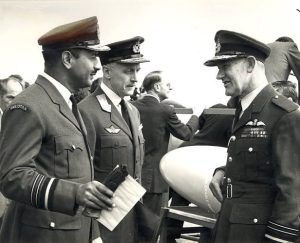
After the Indo-Pak partition, Asghar Khan continued to serve the land by joining the Pakistan Air Force as a Wing Commander, leading the RPAF Flying Training School in Risalpur, where he later had the honor of hosting Muhammad Ali Jinnah, the founding father of Pakistan. This school was later upgraded to the Pakistan Air Force Academy in 1967. He was subsequently appointed as the Director General of Air Operations and proceeded to become the Assistant Chief of Air Staff at Air Headquarters, where he played a significant role in establishing the combat unit of the Air Force and developing strategies for air warfare. In 1957, he was appointed as the Commander-in-Chief of the Pakistan Air Force at the young age of 36. He earned the distinction of being the world’s youngest Air Vice Marshal at 36 and the youngest Air Marshal at 37.
The QuaidŌĆÖs Vision and Relationship with Asghar Khan:
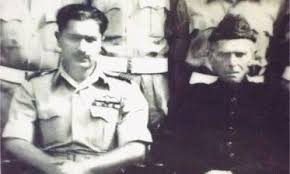
Asghar Khan was very close to Quaid-e-Azam Muhammad Ali Jinnah. He was a strong believer in the QuaidŌĆÖs vision for Pakistan. Notably, he was the first individual in the armed forces to challenge the prevailing belief in West Pakistan that Bengalis were not suitable for army recruitment. He lowered the physical standards of the Pakistan Air Force, arguing that height and chest measurements are not relevant to combat effectiveness. He was the man behind the combat effectiveness of the Pakistan Air Force during the 1965 Air Warfare, particularly noted for the strikes by the legendary Air Commodore Sajjad Haider on September 6, 1965, at the Pathankot and Srinagar airbases.
Unfortunately, Asghar retired just six weeks before the war because he was not consulted when Operation Gibraltar was launched. However, it is worth noting that his strategies and war planning were effectively executed by the excellent commander Nur Khan. To this day, the PAF attributes its successful performance in the Indo-Pak air warfare to Asghar Khan.
Ideology Post-Retirement:

After retiring, he served as the president of Pakistan International Airlines from 1965 to 1968. In 1970, he decided to enter the political arena and formed his own political party, “Tehreek-e-Isteqlaal.” He was frustrated with the autocratic regimes and the country’s deviation from the vision of a democratic Pakistan. Hence, he raised his voice against Ayub Khan’s martial law and participated in the Movement for the Restoration of Democracy in 1970.
He opposed the military action in East Pakistan and stood with its people and leadership, urging the West Pakistani leadership to respect the peopleŌĆÖs will by granting power to Sheikh Mujib, but his pleas were largely ignored. Despite the 1971 crisis, he remained hopeful for a democratic Pakistan during Zulfikar Ali Bhutto’s civilian government. Asghar opposed Bhutto’s autocratic policies and the use of the Federal Security Force (FSF) against political opponents, as well as media suppression. He actively campaigned against the oppressive regime, touring the country to raise awareness, even facing arrest and house destruction.
He opposed the military operation in Balochistan as well, advocating for political dialogue. Throughout his life, he fought for democracy and human rights, opposing the dictatorial tendencies of Zia’s Islamization and Musharraf’s rule. His commitment is evident in his petition against an election cell formed under President Ghulam Ishaq Khan to manipulate the 1990 General Election. Asghar was one of the retired armed forces personnel from India, Pakistan, and Bangladesh who signed an agreement in 1998 urging both Pakistan and India to refrain from developing nuclear weapons and to focus on alleviating poverty, improving health, and enhancing infrastructure instead.
He eventually merged his political party with Imran Khan’s Pakistan Tehreek-e-Insaf. Asghar was not only an exemplary soldier but also a visionary politician and an author. Unfortunately, many in our generation are unaware of this son of the soil. He faced assassination attempts, had his house burned, and was jailed, yet he never wavered in his commitment to the betterment of Pakistan. Writing about his life reminded me of these powerful lines (translated):
“Instead of lamenting the darkness of the night,┬Ā
It was better to light a lamp of your own share.“




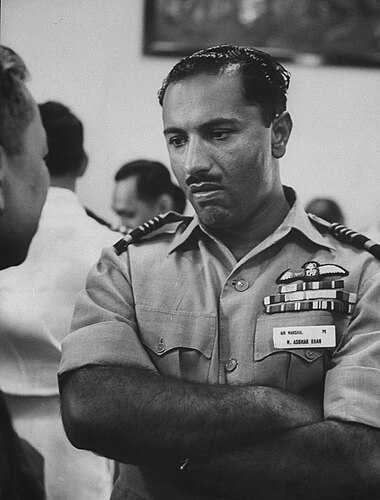


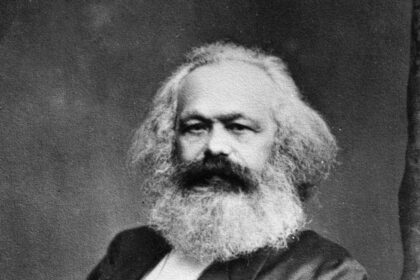
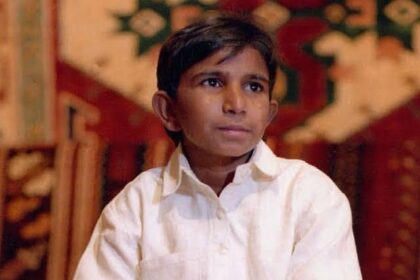


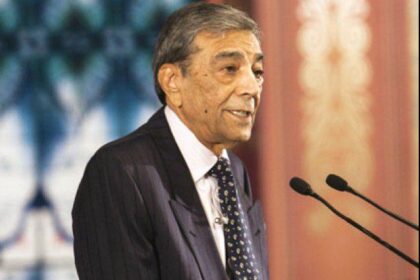
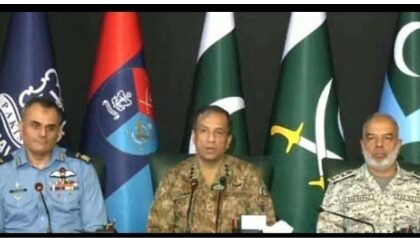
A very well explained and articulated article ¤æÅ
A very well written article ¤æÅ, hidden insights about Asghar Khan are amazing ¤æÅ